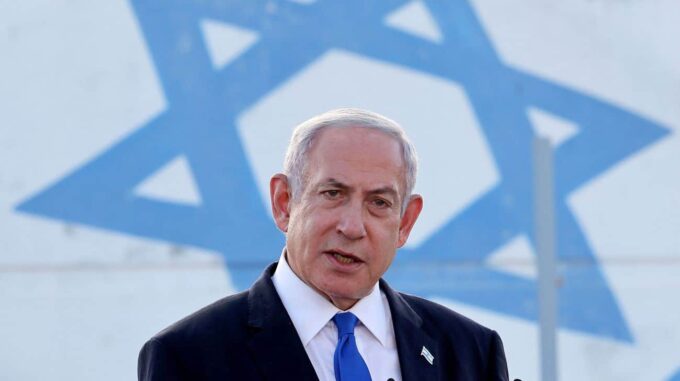Trump Administration Faces Growing Concerns Over Netanyahu’s Out-of-Control Actions and Regional Challenges

Within the White House, there is an increasing chorus of concern regarding Israeli Prime Minister Benjamin Netanyahu's actions, which, according to US sources, have begun to deviate sharply from the diplomatic strategies aligned with the Trump administration's interests.
Since the temporary ceasefire mediated by the United States in the Syrian conflict, regional tensions have escalated, and some officials in President Donald Trump's circle have expressed serious worry over Netanyahu's unrestricted and impulsive conduct.
Multiple high-ranking officials have reported that Netanyahu continues to authorize missile strikes— including attacks on churches in Gaza— sparking outrage and heightened alarm among American policymakers.
Recently, President Trump demanded explanations from his Israeli counterpart about the shelling of humanitarian sites, including a church, further increasing skepticism about Netanyahu’s tactics.
At the same time, doubts are mounting in Washington about Netanyahu’s leadership style, which is characterized by aggressive and destructive actions, often likened to impulsive childlike behavior.
Despite this internal tension, Trump has yet to publicly criticize Netanyahu, and it remains unclear whether he shares the concerns of his advisors regarding the Israeli leader’s regional actions.
Additionally, amid rising hostilities between Israel and Syria, Israeli forces continue airstrikes on Syrian territory, targeting military convoys and strategic sites— some of which are responses to recent clashes between Syrian government troops and allied militias.
U.S.
officials have urged Israel to ease military operations, advocating for diplomacy to de-escalate the conflict, but Israel ignored these calls and intensified its strikes near key Syria regions and close to the Syrian president’s palace.
American sources note that the surprise airstrikes caught the White House off guard, complicating diplomatic efforts to establish peace in the region.
These developments follow recent U.S.
decisions to revoke the terrorist designation of rebel groups that previously helped topple Assad, adding further instability to the ongoing Syrian conflict.

